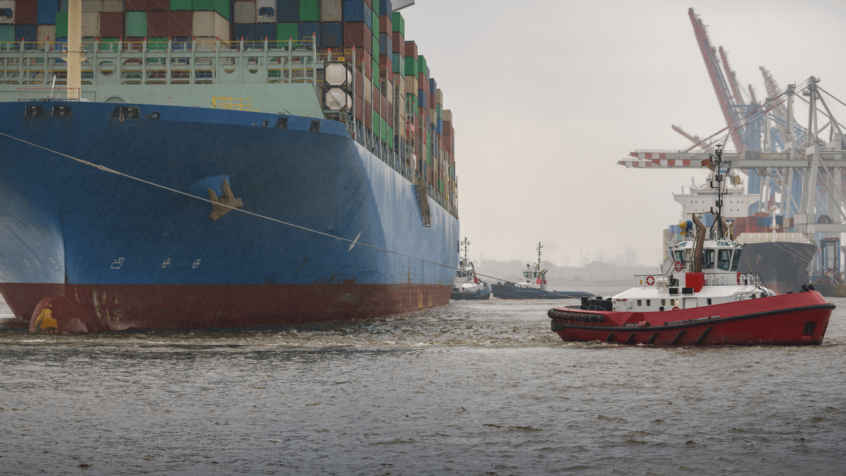The recent state of emergency declared in Vancouver put climate change back in focus, forcing corporations to seriously reconsider their current cargo insurance strategies. Extreme weather such as rainfall, tidal surges, and wind microbursts are becoming more common, and the supply chain sector should start preparing.
On the recently released TT Club’s 3 years analysis, the insurance company highlighted that 32% of damage to inland operations stemmed from extreme weather. Impacting unexpected areas.
The report indicates that 68% of incidents were near the coast, with 16% of heavy rainfall causing flooding. Also, strong winds and microbursts generated 74% of the private property damages.
Further, the data collected by TT shows the greater risk for cargo during the summer months in the northern hemisphere, as the extreme flooding across continental Europe between July and August shows.
According to Peregrine Storrs-Fox elaborates, TT Club’s Risk Management Director: “The associated losses of such incidents can be far-reaching; water is unforgiving and has the ability to penetrate and cause significant damage. Flood water is inevitably dirty, increasing damage and in many instances creating health challenging situations. Extreme weather events can be challenging to predict but operators of warehouses, terminals, and port areas need to keep ‘fresh’ their assessment of the changing risk profile in relation to climate experience.”
The report invites the logistics sector to implement best practice procedures to avoid devastating consequences during future rainstorms or natural disasters. Now, more than ever, having an All-Risk Cargo Insurance can make a difference.

